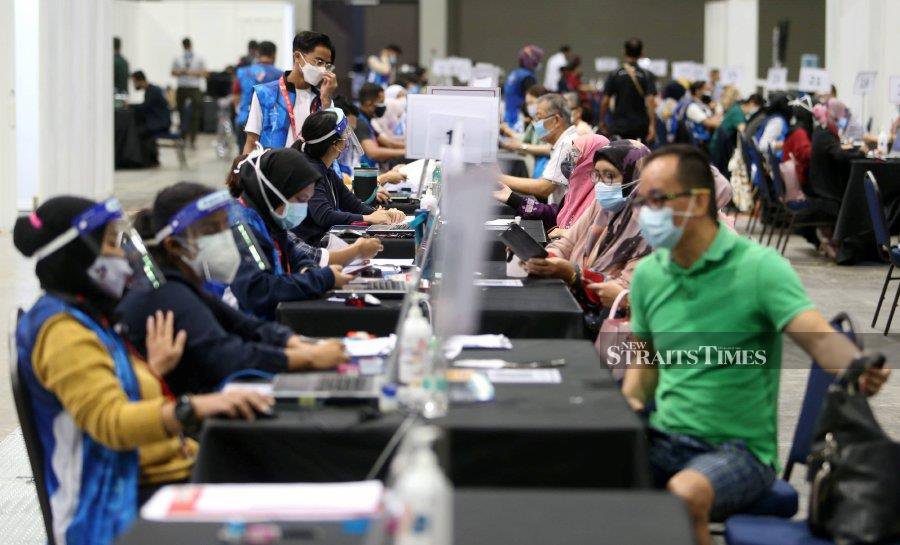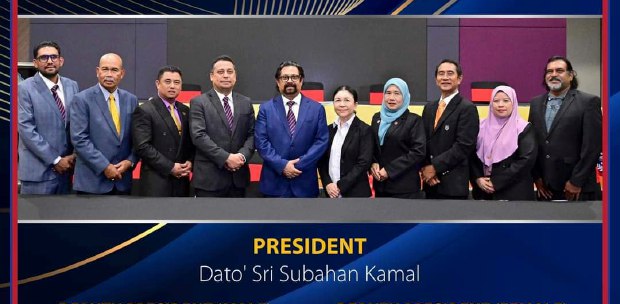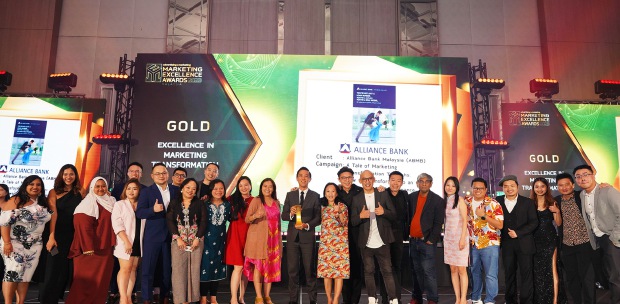THERE is no doubt that Malaysia counts on peaceful activists and volunteers engaged in non-governmental organisations and in many informal groups, without losing sight of the community work carried out by most universities.
Many are driven to help a cause, providing an indispensable hand to what governments at all levels, from federal to states to locals, are doing.
The Covid-19 pandemic showed what this movement can do when circumstances require a special effort, because when there is a need, committed citizens step in.
Exposing the fault lines in society, Covid-19 also offers an opportunity to reflect more on the contributions of non-governmental organisations and volunteers in tackling the consequences of a pandemic and the crises stemming from it, creating a platform that highlights the capacities and untapped potential of the "third sector."
The fact that the government has initiated the Malaysia Vaccine Support Volunteers, or MyVAC, is significant in terms of the outreach achieved, with 30,000 volunteers registered with the Youth and Sports Ministry, which is in charge of the mobilisation.
This deployment could herald a new era for volunteerism in the country.
The challenge ahead is to produce a national volunteerism strategy that encompasses all non-governmental organisations, while also involving social entrepreneurship.
With the government thinking about mobilising more volunteers, it is vital to think long term about the third sector, which includes many stakeholders who are united in pursuing a common good.
An agenda for action could involve the establishment of a national consultative agency with a focus on volunteerism.
This will create bridges among the different activists, social entrepreneurs and volunteers.
Through discussions, different areas can be analysed, with volunteerism as one of the topics that can boost the outcomes in terms of health, education, gender equality, disability and social inclusion, biodiversity preservation and environment.
The goal of this effort would be to envision a more sustainable, climate-friendly and inclusive nation as outlined in the Shared Prosperity Vision 2030 (SPV 2030).
Ultimately, the outcomes will be specific strategies that embrace the peculiarities of each sector, while remaining linked to SPV 2030.
Perhaps policymakers might also prefer to strategise and plan for the short term. If this second option is considered, volunteerism should not be neglected.
After all, volunteerism is a central component of the New Social Contract envisioned by United Nations Secretary-General António Guterres.
It is still a working process with United Nations volunteers, devoting energy to brainstorming on how civic engagement can support deliberative governance, co-production of services and social innovation, which will feed into the State of the World's Volunteerism Report.
One opportunity to rethink on what volunteerism can do for Malaysia is to ensure that it will be incorporated in the next Voluntary National Review (VNR) that Malaysia is preparing.
VNR is the reporting tool on the work being done to achieve the SDGs.
No doubt that the next VNR will focus on the B40 group, who could become agents of change through volunteerism.
Overlooking the role of volunteers in achieving Agenda 2030, like in the previous and first VNR, would not only be a missed opportunity, but also an injustice and an affront to all volunteers on the frontlines during this pandemic.
The author writes on social inclusion, youth development, regional integration and the SDGs in the context of Asia Pacific






